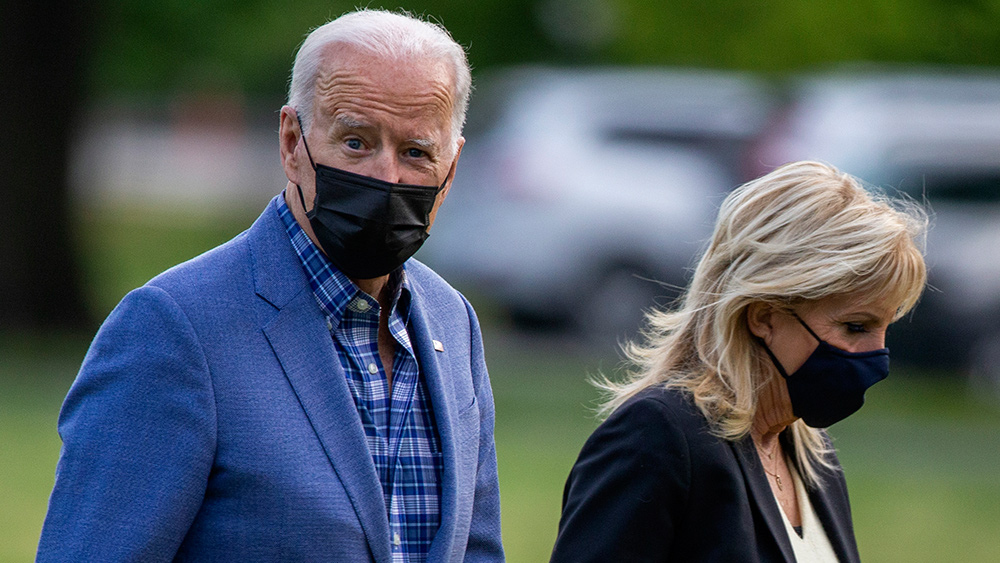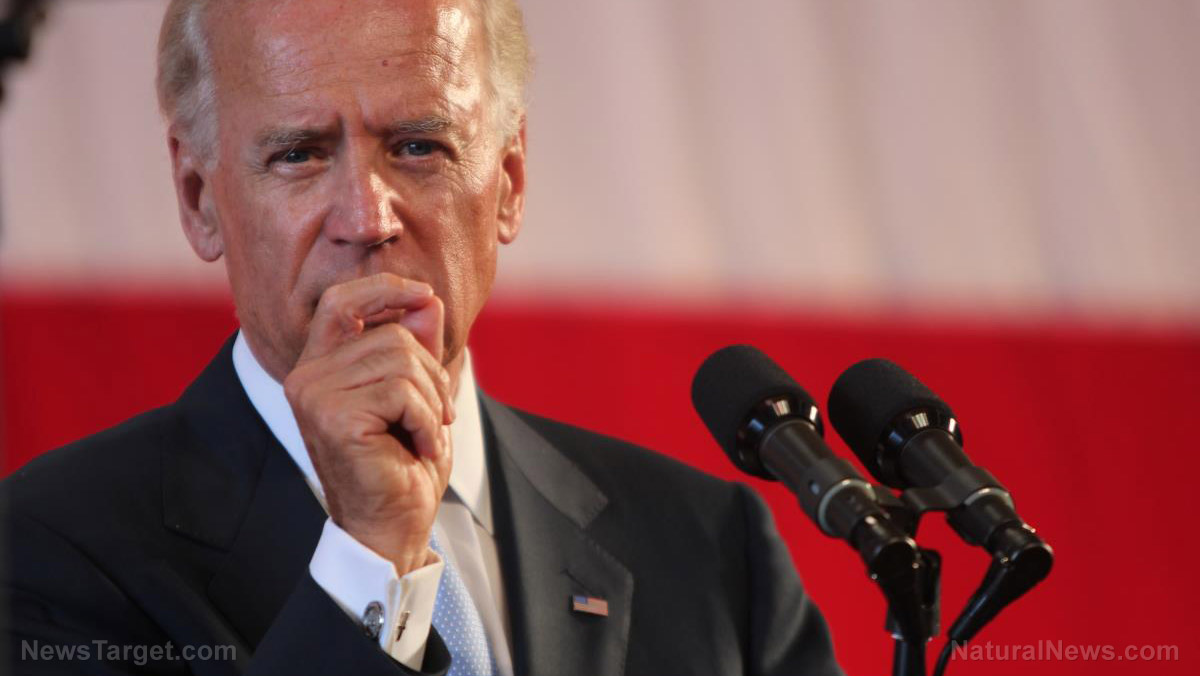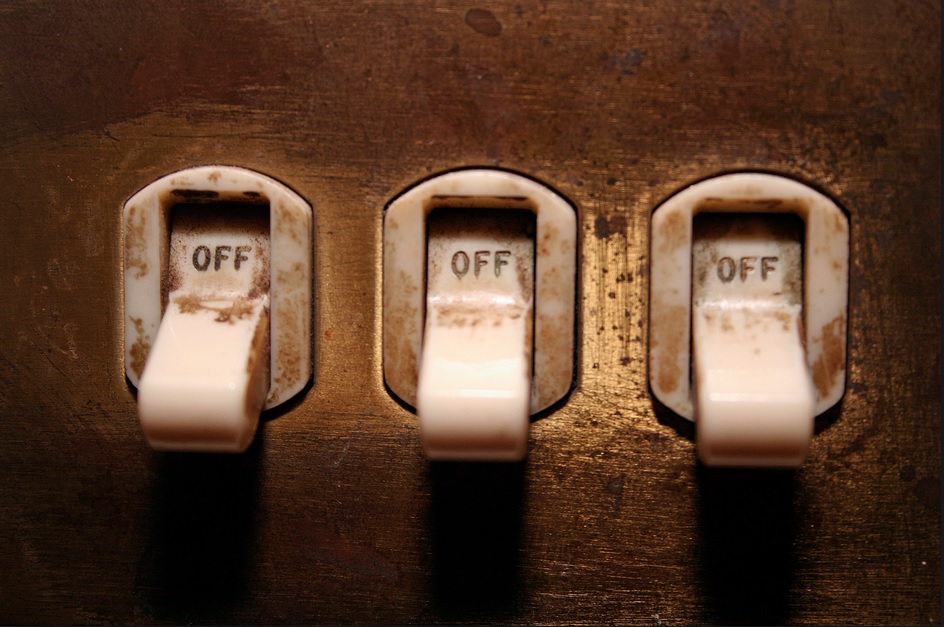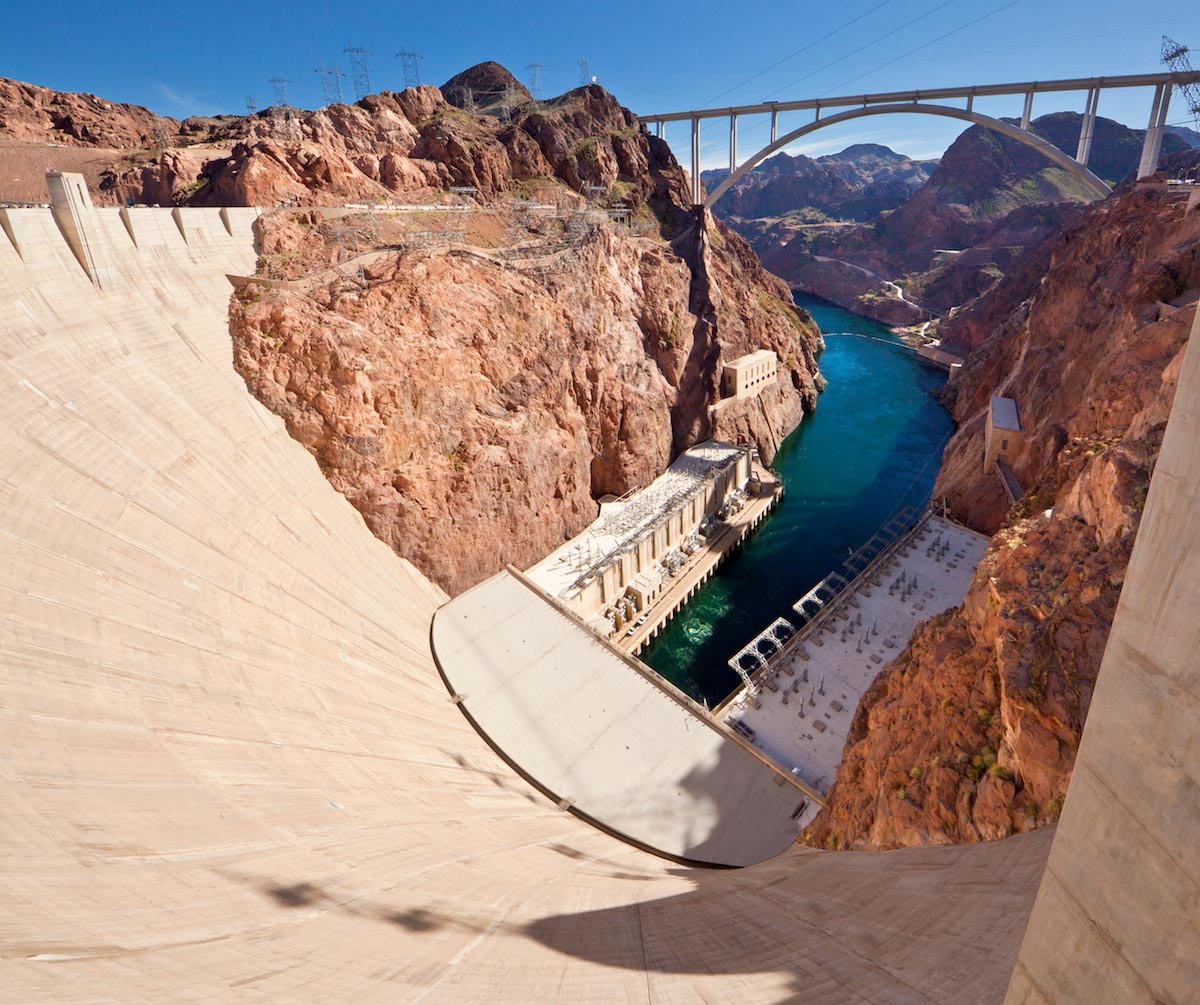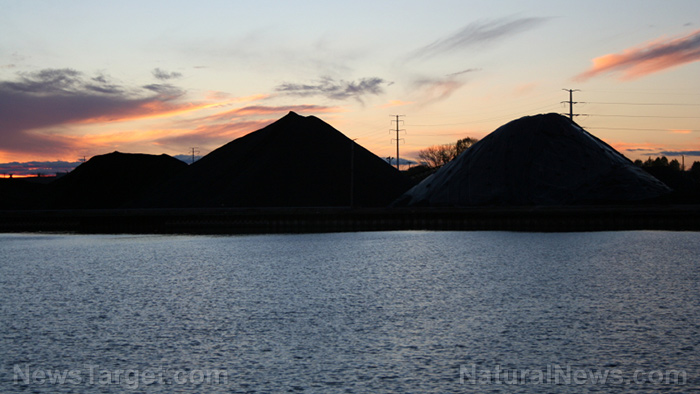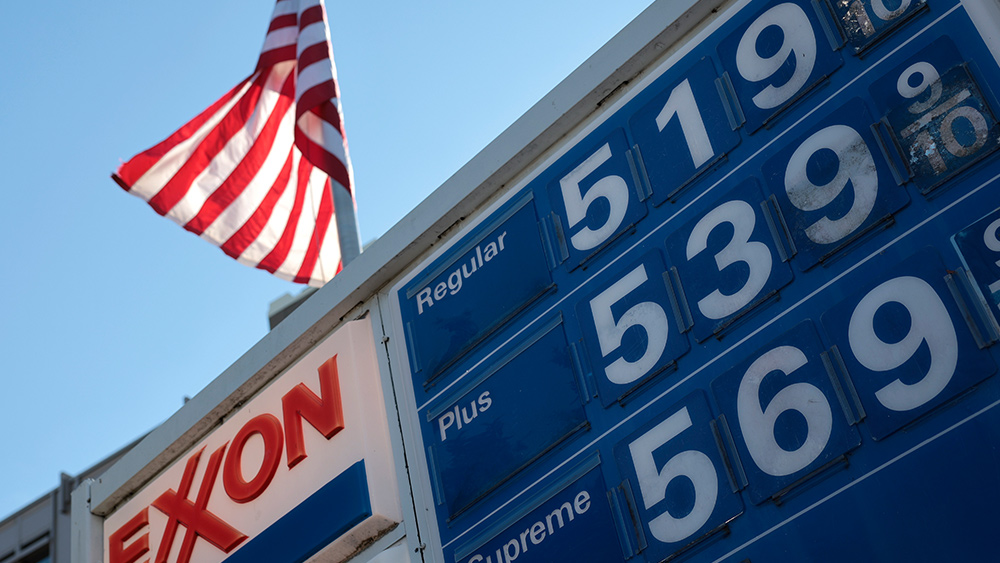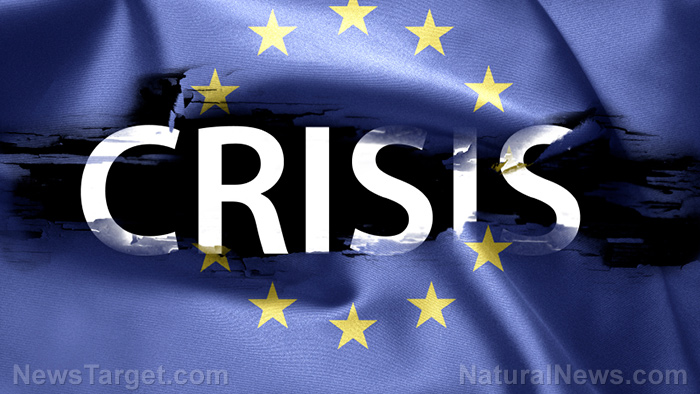Ecuador announces force majeure for oil, state of exception decree amid protests
06/30/2022 / By Kevin Hughes
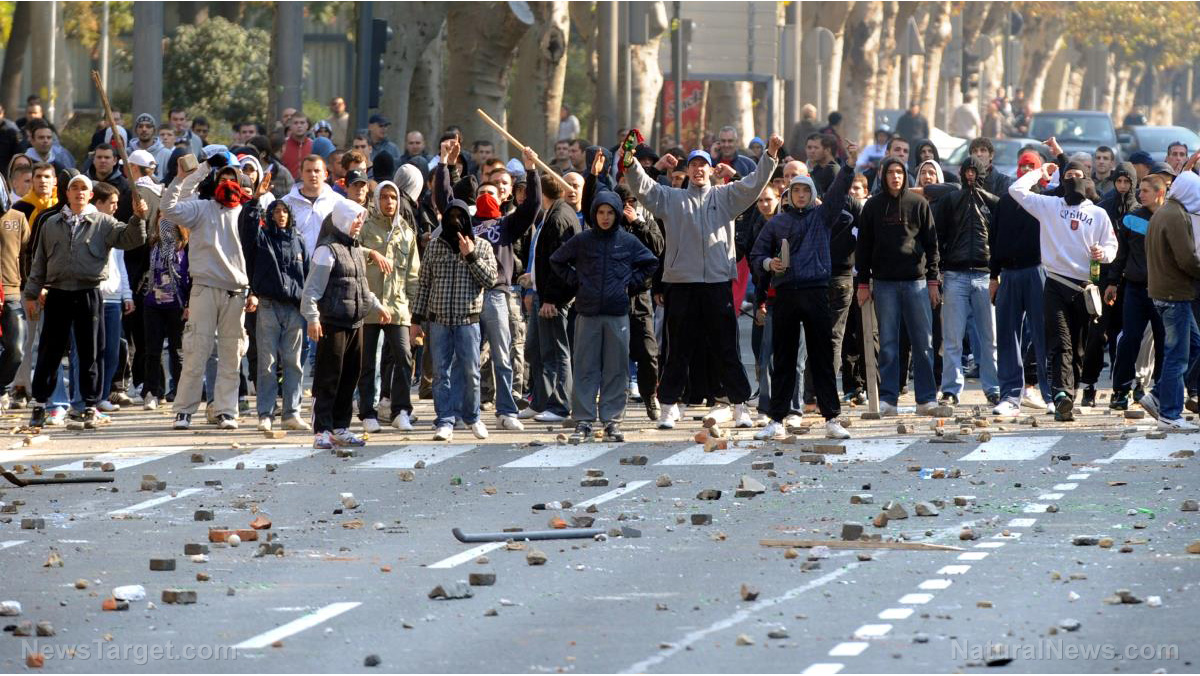
The South American nation of Ecuador has announced force majeure for its oil industry, alongside a state of exception decree, amid nationwide turmoil.
State-owned oil firm Petroecuador made the announcement on June 18, which applied to its exploration, exploitation, transport and commerce sectors – stopping exports in turn. The declaration followed protesters entering oil fields which affected output, said a company statement.
Petroecuador added that it has lost 6,975 barrels of crude oil since protests began on June 20 and has stopped some drilling operations.
The state-owned oil firm’s declaration came amid Ecuadorian President Guillermo Lasso announcing a state of exception in three provinces, as he attempted to crack down on the ongoing turmoil. He first announced a state of exception in response to protests by indigenous groups disapproving of the government’s economic policies.
According to Lasso, the 30-day state of exception will cover the provinces of Imbabura, Cotopaxi and Pichincha – regions that include the capital city Quito. He added that curfews in the capital would be in place from 10 p.m. to 5 a.m., and gatherings will be banned all day in the troubled provinces. The Ecuadorian leader did not state how long the laws would last.
“I called for dialogue and the answer was more violence, there is no intention to find solutions,” Lasso declared in a televised broadcast.
Indigenous groups in the country started protests on June 20 to oppose Lasso’s social and economic policies. They demanded a price freeze for fuel products, a stop to further mining and oil exploration projects and additional time for small farmers to pay their bank loans. The protesters also called on the government to increase the budget for healthcare. (Related: Skyrocketing fuel costs spark mass protests in France, Spain and Albania.)
Military to stamp out protests that “harm democracy”
In response, Lasso promised to boost help for the most susceptible sectors. He announced financing of fertilizer costs for small and medium farmers by 50 percent, and a pardon on overdue loans worth up to $3,000 by public banks. He also assured that there will be no price hikes for fuel products.
But the moves failed to pacify protesters, who now have the backing of students. The unrest had also taken a violent turn, with flower farms and other establishments being attacked. Police officers had also been imprisoned by protesters.
Given the situation, the Ecuadorian military said they would not allow ongoing protests to harm the country’s democracy. They also urged citizens to work toward “national unity” and pointed to drug traffickers and organized crime groups as responsible for the violence at protests.
Defense Minister Luis Lara, accompanied by military commanders, told journalists: “The [Ecuadorian] Armed Forces will not allow constitutional order to be broken, or any action against democracy and the laws of the republic.”
During one such protest in Quito, security forces and protesters battled in the capital with some demonstrators hurling sticks. Security forces responded by firing tear gas and non-lethal projectiles.
The office of Ecuador’s Attorney General Diana Salazar Méndez said in a statement that its main office had been attacked, although it did not specify the attackers.
Meanwhile, police commander Fausto Salinas told reporters that security forces had seized sharp weapons and cans of diesel and gasoline from some demonstrators. He added that 80 people had been taken into custody as a result of the riots, which indigenous leaders blamed on poverty and inequality.
At least 55 protesters have been injured over the previous week, while more than 100 members of Ecuador’s security forces have been injured.
Quito residents awoke to discover that some roads have been closed and parts of the public transport system with it. Major highways heading into the capital have been blocked since protests started. Meanwhile, the Mariscal Sucre International Airport in the city stated that some flights were being affected.
Follow Rioting.news for more news about the protests happening around the world.
Watch the video below to know more about the violent protests happening in Quito, Ecuador.
This video is from the Puretrauma357 channel on Brighteon.com.
More related stories:
Glimpse of the future: Protests, violence put a spotlight on Sri Lanka’s collapsing economy.
Food and fuel shortages, price spikes continue to get worse in protest-hit Ecuador.
Peru’s leftist government calls in military, imposes curfew to crack down on inflation protests.
Peru in turmoil as inflation protests erupt; president calls in military, imposes curfew.
Sources include:
Submit a correction >>
Tagged Under:
chaos, Collapse, diesel, economic policies, Ecuador, force majeure, fuel products, fuel supply, gasoline, Guillermo Lasso, indigenous groups, Petroecuador, price freezes, protests, Quito, rioting, violence
This article may contain statements that reflect the opinion of the author
RECENT NEWS & ARTICLES
COPYRIGHT © 2017 POWER NEWS

